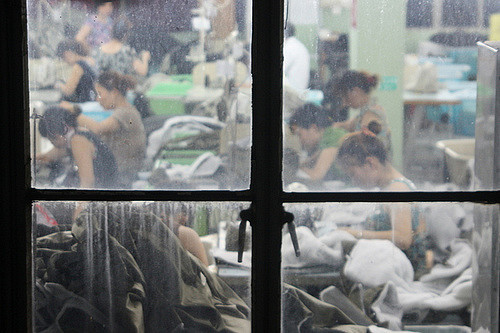China is now giving focus to internal economic policies that help boost job stability and employment in the country amidst an ongoing trade war with U.S.
The Chinese government is confident that the unemployment and underemployment rate in the country will remain low. Also, the Chinese government has set new policies that will support the domestic workers from the ongoing tension that US and China have against each other.
"We would definitely not allow large-scale job losses to occur. Employment is our bottom line," said the National Development and Reform Commission's Department of Employment and Income Distribution Deputy Head Ha Zengyou.
According to Ha, China is not prepared on any adverse effects in the domestic market. He added that China is prepared on the consequences by having economic and trade policies that will still support China's economy come what may.
"We have the capacity to resolve challenges as long as we adjust macro policies on a timely basis and continue to implement more efforts to expand domestic demand for consumption and investment," Ha averred.
He also said that China has a greater reliance on the domestic market than the export industry. This translates that the general impact of the trade tension will be under control by China.
According to the National Bureau of Statistics, the unemployment rate in urban centers was 4.8 percent in May 2018, a 0.1 percentage lower from April 2018.
Meanwhile, China has preferential measures by conducting training programs for workers, tax cuts and financial policies that lower the borrowing costs among Small-Medium Enterprises.
Also Premier Li Keqiang said that "maintaining steady employment is of primary importance for China's economic development and is the foremost livelihood issues.
Chang Dewei, another deputy head, has cited some concerns that can benefit the general product. Chang said that there will be "policies to lower borrowing costs for small-medium sized enterprises."
Trade tension between two major countries started when the U.S. Government imposed additional tariffs and duties to imported products such as aluminum foil products entering China's market. U.S. President Donald Trump also threatened to impose billions of dollars for imported Chines products.
"A multi-pronged approach will be adopted to catalyze entrepreneurship and innovation across the country. Efforts will be made to expand the channels and opportunities for flexible employment, and priority groups including college graduates, veterans and laid-off workers will receive more employment guidance, training and support," Li said.





